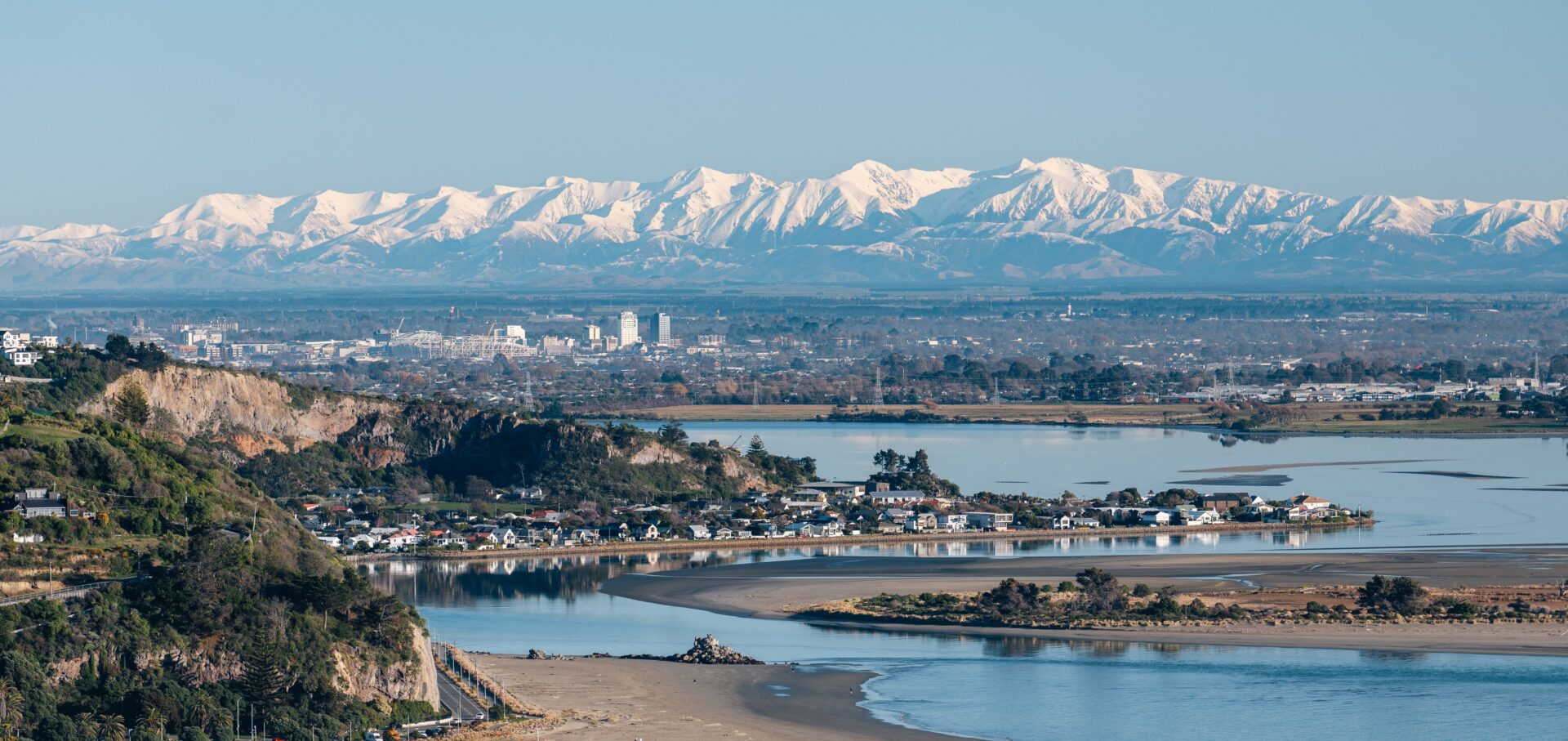International climate conversations essential for countries’ economies
At today’s closing of the Adaptation Futures 2025 conference in Ōtautahi Christchurch, leaders stressed the financial benefits for countries of staying connected through global gatherings such as this event and the UN’s upcoming climate change conference COP30*.
Dr Rod Carr, former Chair of the New Zealand Climate Change Commission, who today introduced a ‘finance and focus’ session at the Christchurch Town Hall, said the ability to be “in the room and at the table” was enormously valuable for small open economies like New Zealand.
“For small countries to be able to engage on multilateral issues with the likes of the UN, the World Bank, IMF and the International Court of Justice makes our sovereign state more stable, more prosperous and more viable than a world that would otherwise be dominated by superpowers and subservient states. Being connected to the wider world is in our own self-interest.”
“We need to continue to build upon what was built by our parents and grandparents that secured New Zealand as a sensible, stable, thoughtful country. We can never afford to lose the right to be present and ability to influence because of short term political needs. If we did, we would pay a very high price.”
Dr Youssef Nassef, the United Nations Director of Global Adaptation, also highlighted the importance of collaboration on climate adaptation for the wider benefit of the world’s people, including economic advantages.
“The mindset about climate adaptation needs to shift away from siloed views on climate change to overall wellbeing. “If we think differently, we will be able to do things differently and faster, which will benefit everyone, including business.”
He said the COP process, where 200 countries come together to agree on what climate action needs to be taken is particularly important. “Among the benefits is that it gives us access to cooperative actions among countries, including access to finance, technology and capacity building, in ways that countries couldn’t possibly achieve themselves.”
Saliha Dobardzic, Programming and Innovation Unit Lead for the Adaptation Fund** also said the kinds of exchanges taking place at Adaptation Futures were essential for building the momentum and partnerships needed to fund real solutions.
“These conversations help influence the discussions at COP, what priorities should be advanced, and what kinds of adaptation projects can make the biggest difference. They connect local action with global support, which is key to turning ideas into impact.”
ChristchurchNZ Chief Executive Ali Adams said hosting the Adaptation Futures conference has been a perfect fit for Ōtautahi Christchurch, which is committed to finding innovative solutions to the climate challenges facing the planet.
“Having global leaders on these issues in our city brings innovative thinking and valuable opportunities for knowledge sharing to our community. Business events are also an important part of the city’s visitor economy.” The conference is projected to contribute about $2.3 million in visitor spend to the Christchurch economy.
When asked for his overall views on AF2025, Dr Nassef said he was impressed by the very healthy demographic taking part. “There were a lot of young people here. It is very important they are involved in discussing what an environmentally resilient future looks like as they will be the ones to suffer the consequences of climate change.”
“We cannot have cookie cutter solutions. We need widespread agreement on what we are going to do but adjusted for the specific needs of different communities around the world.”
The conference, which was co-hosted by WASP and Te Whare Wānanga o Waitaha | University of Canterbury, opened on Monday at Christchurch’s Convention Centre Te Pae and closed today at the Christchurch Town Hall. Nearly 2000 people attended the hybrid conference in-person and online.
Key Dates
Early Bird Registration Closes
15 July 2025
Adaptation Futures Conference
13 - 16 October 2025
